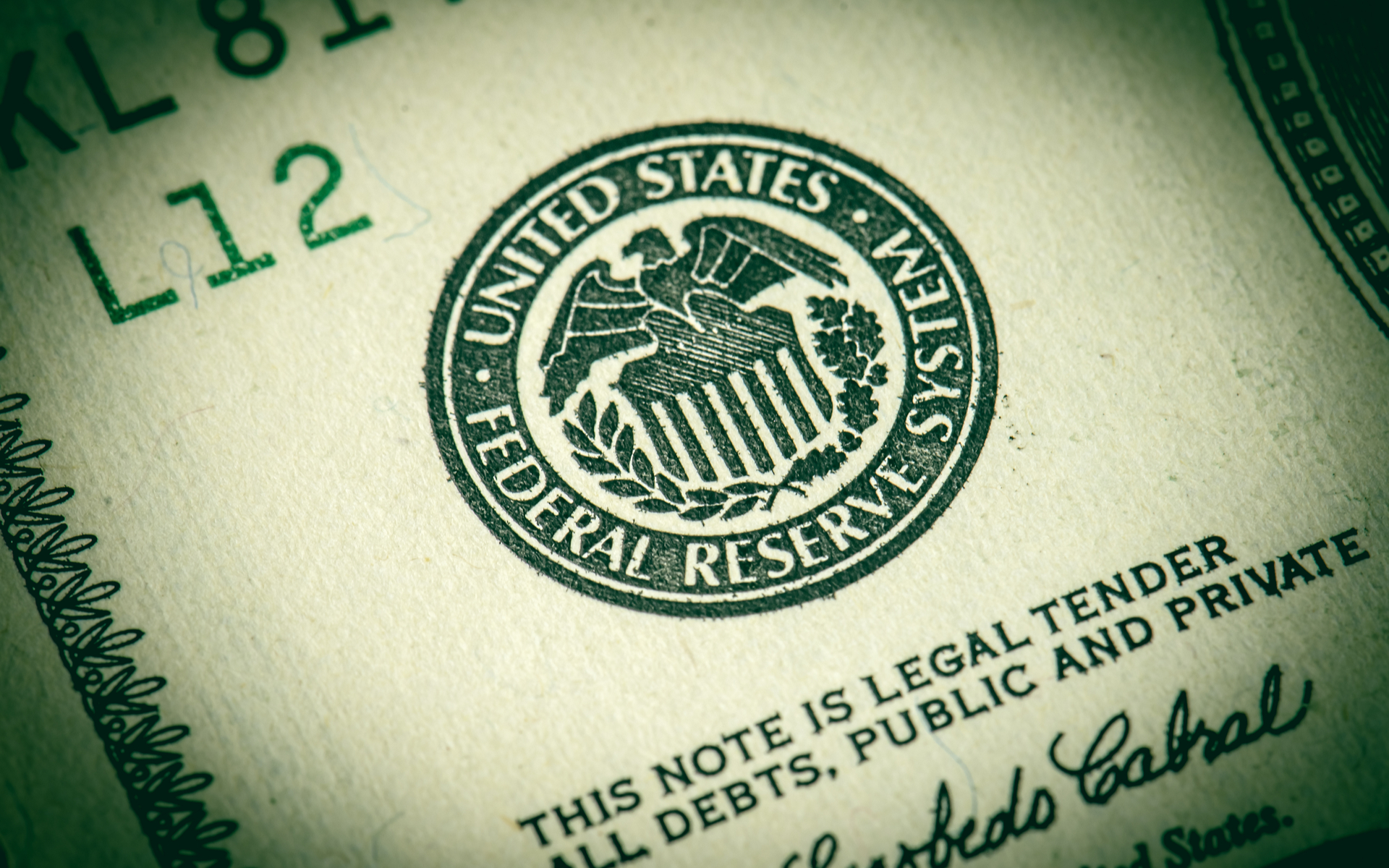PALO ALTO, Calif. (Reuters) - The Federal Reserve is taking a look at a broad variety of Helpful site concerns around digital payments and currencies, consisting of policy, Find more info style and legal considerations Look at more info around possibly issuing its own digital currency, Guv Lael Brainard said on Wednesday. Brainard's remarks suggest more openness to the possibility of a Fed-issued digital coin than in the past." By transforming payments, digitalization has the possible to provide greater value and benefit at lower cost," Brainard said at a conference on payments at the Stanford Graduate School of Organization.
Reserve banks globally are discussing how to handle digital financing technology and the distributed ledger systems utilized by bitcoin, which guarantees near-instantaneous payment at potentially low expense. The Fed is developing its own day-and-night real-time payments and settlement service and is currently evaluating 200 remark letters submitted late last year about the suggested service's style and scope, Brainard stated.

Less than two years ago Brainard told a conference More help in San Francisco that there is "no engaging demonstrated need" for such a coin. But that was before the scope of Facebook's digital currency ambitions were commonly understood. Fed officials, including Brainard, have raised concerns about consumer securities and data and personal privacy dangers that could fedcoins be posed by a currency that might come into usage by the 3rd of the world's population that have Facebook accounts.
" We are teaming up with other reserve banks as we advance our understanding of reserve bank digital currencies," she said. With more countries checking out releasing their own digital currencies, Brainard stated, that contributes to "a set of factors to likewise be making sure that we are that frontier of both research study and policy development." In the United States, Brainard stated, issues that need research study consist of whether a digital currency would make the payments system more secure or simpler, and whether it might position financial stability risks, including the possibility of bank runs if cash can be turned "with a single swipe" into the central bank's digital currency.
To counter the monetary damage from America's unmatched nationwide lockdown, the Federal Reserve has actually taken unmatched actions, consisting of flooding the economy with dollars and investing straight in the economy. Most of these moves got grudging approval even from numerous Fed doubters, as they saw this stimulus as needed and something only the Fed could do.
My brand-new CEI report, "Government-Run Payment Systems Are Unsafe at Any Speed: The Case Versus Fedcoin and FedNow," information the threats of the Fed's current prepare for its FedNow real-time payment system, and proposals for central bank-issued cryptocurrency that have been dubbed Fedcoin or the "digital dollar." In my report, I talk about issues about privacy, data security, currency manipulation, and crowding out private-sector competition and innovation.
Proponents of FedNow and Fedcoin state the federal government needs to produce a system for payments to deposit instantly, rather than motivate such systems in the private sector by lifting regulative barriers. However as kept in mind in the paper, the private sector is providing a seemingly endless supply of payment technologies and digital currencies to fix the problemto the degree it is a problemof the time space between when a payment is sent and when it is gotten in a savings account.
And the examples of private-sector development in this area are many. The Cleaning House, a bank-held cooperative that has been routing interbank payments in various forms for more than 150 years, has been clearing real-time payments since 2017. By the end of 2018 it was covering 50 percent of the deposit base in the U.S.